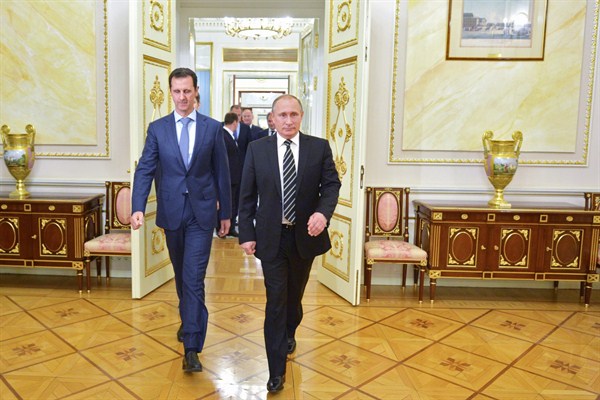Wherever you look these days, unhappy regional powers and even some weak states are demonstrating a startling degree of contempt for the supposed masters of the international system. In the past two weeks, Saudi Arabia and its Arab allies have precipitated a crisis with Iran that threatens to wreck the U.S. opening to Tehran, while North Korea has infuriated China with its so-called hydrogen bomb test. In Africa, Rwandan President Paul Kagame, once a darling of aid donors, has declared that he will run for a third term in office, having already revised the country’s constitution to eliminate its erstwhile two-term limit. Inside the European Union, the highly conservative new Polish government has triggered a public showdown with Brussels by imposing political appointees on the nation’s Constitutional Court and state-run media organizations.
Although disconnected and very different, these events point to a growing and destabilizing dissipation of the major powers’ grip on global affairs. Washington has called on the Saudis to show restraint and expressed disappointment with Kagame, but its options are limited. Beijing joined the rest of the United Nations Security Council in condemning North Korea, but it is not clear how far it will go in disciplining its perennially uppity neighbor. The European Commission will monitor the rule of law in Poland, but stopped short of threatening Warsaw with harsh penalties such as suspending its EU Council voting rights.
Each major power faces its own specific set of constraints. The Obama administration is desperate to get through its final year in office without being pulled back deeper into the Middle East’s conflicts. The Chinese authorities do not need chaos on their northeastern border as they face a year of economic uncertainty. The EU is hamstrung by the need to maintain cohesion in the face of the ongoing refugee crisis and continuing doubts over the euro’s health.

